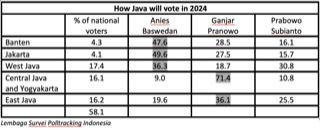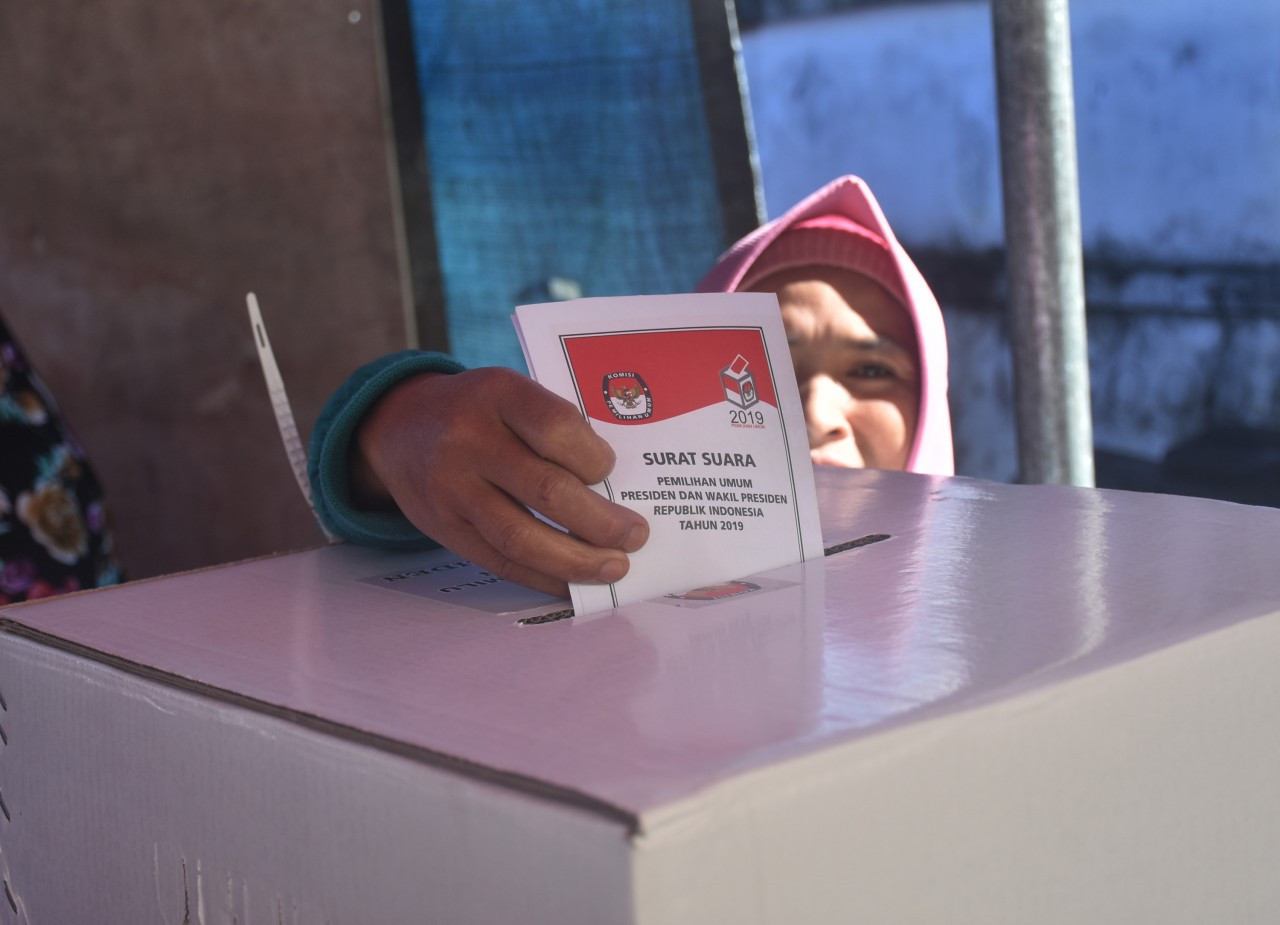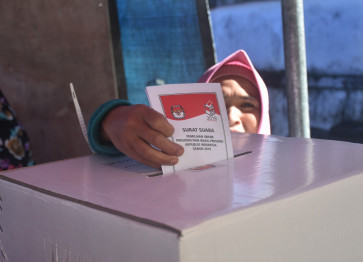Popular Reads
Top Results
Can't find what you're looking for?
View all search resultsPopular Reads
Top Results
Can't find what you're looking for?
View all search resultsAnalysis: Java key to winning the 2024 presidential race
Change text size
Gift Premium Articles
to Anyone

Former Jakarta governor Anies Baswedan will win in West Java, Banten and Jakarta; Central Java Governor Ganjar Pranowo will win in Central and East Java; and Defense Minister Prabowo Subianto will come second or third in all these five provinces on the island of Java. That is the prediction from the latest public-opinion survey by Polltracking of the likely outcome in the 2024 presidential race if it comes to a three-horse race.
With Java making up 56 percent of Indonesia’s 270 million population, and 58 percent of the voters in 2024, winning in the densely populated island is key for any presidential hopefuls. The outer islands may be important, but as far as the election campaign goes, they are peripheral.

The first-past-the post mechanism means that once a candidate polls more than 50 percent of the vote nationwide, they will be declared the winner. The stipulation that a candidate must win at least 20 perscent in each province in at least more than half of the 38 provinces in Indonesia has never been a problem in past elections, and will not likely be in 2024. Winning as many votes as possible in Java will still be key to winning the election.
There is still no guarantee however that Anies, Ganjar and Prabowo will be competing in the 2024 presidential election. Neither is assured of a ticket to run. They are the three public figures that all surveyors, working independently of one another, found to be the most popular. But only political parties have the sole power to nominate presidential candidates, and they will not necessarily be dictated by the surveys.
Anies has already been picked as candidate for the National Democratic Party (Nasdem) while Prabowo has already been named as candidate for Gerindra, the party which he founded and chairs. But neither has met the criteria of holding at least 20 percent of the seats in the House of Representatives to be able to run. They need to secure the support of other parties to meet the threshold, and for now, both are still touch-and-go.

Ganjar would automatically quality if he got the endorsement of the Indonesian Democratic Party of Struggle (PDIP), the only party that meets the threshold. But PDIP chair Megawati Soekarnoputri has refrained from naming her choice. She wants her daughter Puan Maharani, who is the house speaker, to run, but with the low electability as rated by all surveys, Megawati is delaying her decision. Megawati was Indonesia’s president in 2000-2004 and her father Sukarno was Indonesia’s founding president in 1945-1966.


















